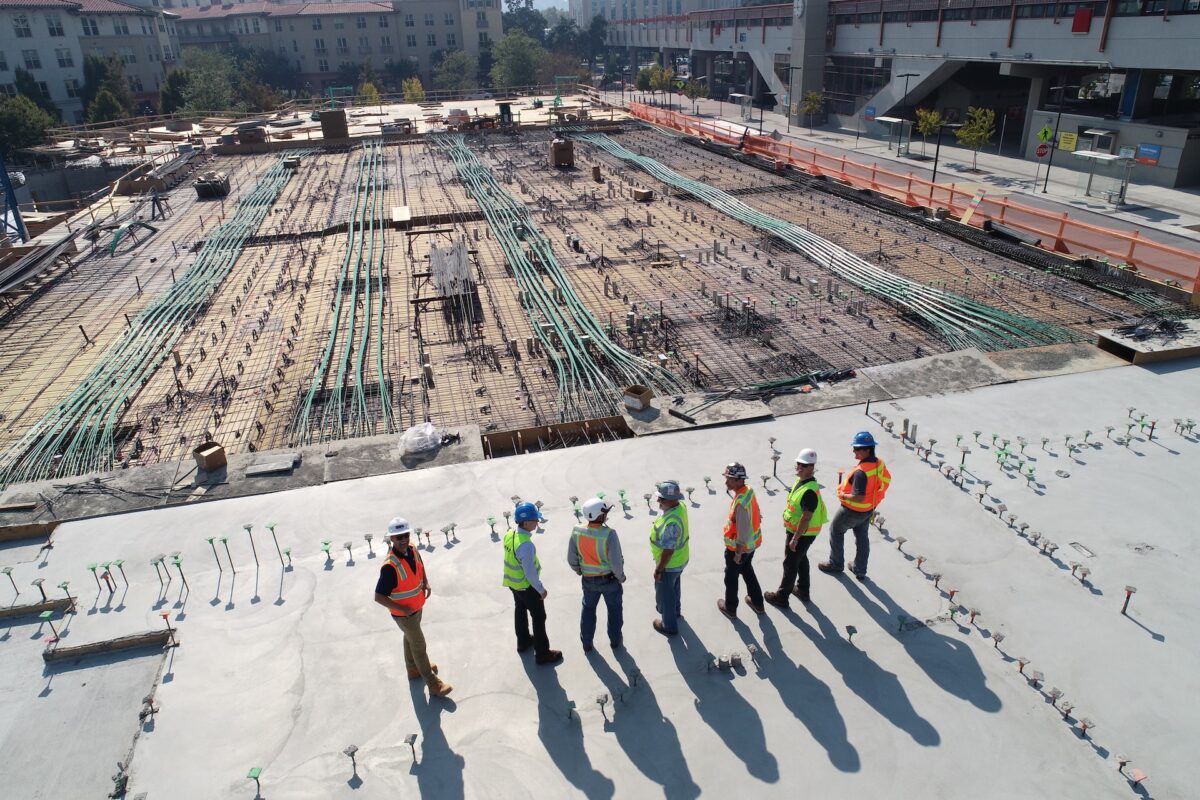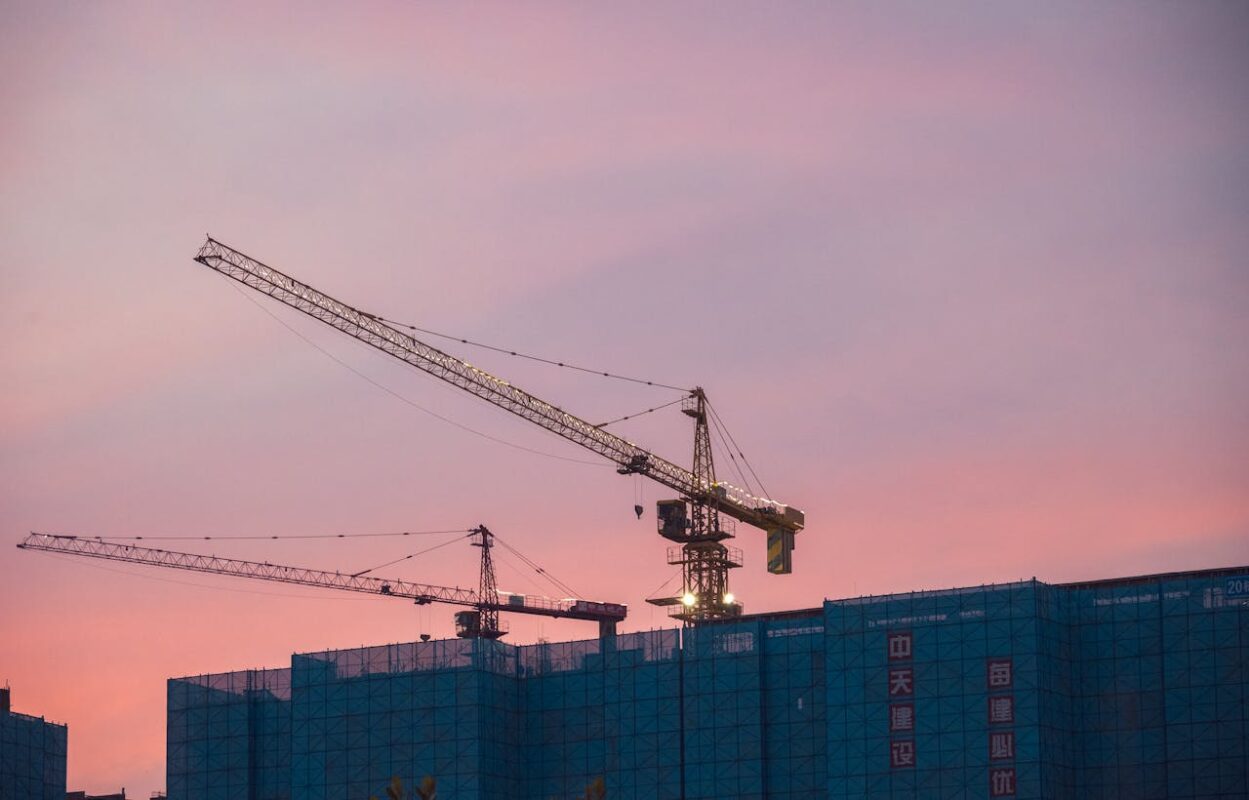Author: Mr. Vo Quoc An | ALB & Partners Law Firm
Source: The Saigon Times – https://thesaigontimes.vn/hop-dong-xay-dung-tien-lai-cham-thanh-toan-tinh-theo-lai-suat-nao/
Late payment interest is an important remedy for contractual breaches and is commonly agreed upon in contracts, including construction contracts. The practice of dispute settlement at court and arbitration indicates that there exists an inconsistency in choosing applicable laws to determine the rate for calculating late payment interest.
There is notably a difference in the issue of applicable rates for late payment interest among the Civil Code of 2015 (Civil Code), the Commercial Law of 2005 (Commercial Law), and Decree No. 37/2015/ND-CP (Decree 37).
The governing law of construction contracts
First of all, a construction contract is a specific type of contract under a special area of law that is governed by the Law on Construction 2014 and its guiding documents including Decree 37. However, it is notable that Decree 37 only is applied to projects involving state capital and ODA capital (please refer to Article 1 of Decree 37 for details). This Decree also proposed its application to construction contracts arising from investment projects financed by other capital sources.
In addition, the Law on Construction 2014 defines “a construction contract as a civil contract agreed in writing between the employer and the contractor for executing a part or whole of the construction investment activity”. That is to say, construction contracts are also within the scope of the application of the Civil Code.
Meanwhile, construction contracts can also be deemed commercial contracts and governed by Commercial Law. In theory, a commercial contract is intrinsically a type of civil contract but has two special characteristics: (i) involving at least one party that is a trader, and (ii) being concluded for making profits. When a construction contract fulfills the two above-mentioned conditions, that construction contract will be considered a commercial contract and governed by Commercial Law.
A construction contract is a civil contract agreed in writing between the employer and the contractor for executing a part or whole of the construction investment activity.
Therefore, a construction contract is simultaneously the subject governed by the Civil Code, the Commercial Law, and Decree 37. The three instruments all set forth the issue of applicable rates for calculating late payment interest and such applicable rates have differences from each other.
Specifically, the Civil Code allows the parties to agree on the rate for calculating late payment interest as long as it does not exceed the number of 20% per year. In the absence of such an agreement, the interest rate is determined to be 10% per year. The Commercial Law stipulates that unless otherwise agreed, interest on late payment is calculated based on the average overdue debt interest rate available in the market at the time of payment. Decree 37 provides the overdue interest rate announced by the commercial bank where the contractor opens its payment account during the period in correspondence with the late payment.
The above-mentioned provisions have caused certain confusion to parties in construction contracts or dispute settlement bodies when it comes to the determination of a rate based on which late payment interests will be calculated.


Principles for determining the applicable law
Below are the principles that have been commonly applied to resolve the conflict raised between the above legal documents in practice.
The principle for applying the legal document having higher legal validity: According to the Law on Promulgation of Legal Normative Documents 2015, in case the legal documents promulgated by different authorities have different provisions on the same issue, then the document with higher legal validity shall be applied. Based on this principle, the Civil Code and the Commercial Law shall prevail over Decree 37 when deciding the applicable rate for late payment interests raised from construction contracts.
The principle for applying the Later Promulgated Legal Documents: In case legal documents promulgated by the same authority contain different provisions on the same issue, the provisions of the later promulgated legal document shall be applied. Accordingly, the Civil Code and the Commercial Law are both promulgated by the National Assembly, however, as the later promulgated legal document, the Civil Code shall prevail over the Commercial Law with respect to a similar issue.
Thus, applying simultaneously the two principles above to determining a rate for calculating late payment interest in a construction contract, the Civil Code prevails over the Commercial Law and the Commercial Law prevails over Decree 37.
The principle of General Laws – Special Laws: Special laws will take priority over general laws if the provisions in special laws do not contravene basic principles laid down by general laws. In addition, if an issue is not covered by special laws but is stipulated by general laws, general laws shall be applied to resolve such an issue.
While the Civil Code is a general law governing all civil relations, Commercial Law is a special law that governs preferentially to commercial activities. Construction activities are specific commercial activities in the area of construction that is also under the governance of the Law on Construction, and construction contracts financed by state capital and ODA capital are further detailed in Decree 37. The Civil Code and the Commercial Law only refer that the civil and commercial relations in specific areas are prescribed by “other laws” rather than those prescribed by sub-law documents.
In fact, a construction contract using state capital and ODA capital under Decree 37 is also a type of contract subject to the Law on Construction. Decree 37 is undeniably a sub-law document, but it is a document detailing a special law, therefore, in general meaning, Decree 37 is an integral part of the Law on Construction like a special law regulating the specific commercial activities which are construction contracts using state capital and ODA.
For the above rationales, for determining an applicable rate for calculating late payment interest in a construction contract, Decree 37 shall prevail over the Commercial Law, and the Commercial Law shall prevail over the Civil Code.
Which rate should be applicable?
In this circumstance herein, the application of each principle will result in the different order of application of legal documents as analyzed above. The author is of the opinion that when there is a difference between legal documents issued by the same authority in governing the same issue, the “General Laws – Special Laws” principle should be prioritized over the “Later Promulgated Legal Documents” application principle.
That is because, upon the construction of legislation, legislators have examined specific provisions contained in special laws in correlation with relevant principles laid down by general laws, no matter whether special laws are promulgated before or after general laws, and such examination is “on specific purposes”.
For example, under Commercial Law, a specific commercial activity as prescribed by another law will be subject to that law, and the Commercial Law shall be applied in the absence of other laws. Priority is given to the application of special laws governing specific commercial activities, regardless of whether such special laws are promulgated before or after Commercial Law. The Civil Code also has similar provisions for the application of special laws governing civil relations in specific areas of law.
As for Decree 37, as analyzed, this instrument should be considered as an integral part of the Law on Construction, which stipulates specific commercial activities relating to construction contracts using state capital and ODA capital.
Thus, Decree 37 shall prevail over Commercial Law, and Commercial Law shall prevail over the Civil Code when resolving the issue of the rate applied to late payment interests raised out of construction contracts. However, it must be noted that each instrument only is applied to construction contracts that belong to its scope of application.
As for construction contracts using state capital and ODA capital, the provisions of Decree 37 prevail over the Commercial Law and the Civil Code. As for construction contracts that are basically commercial contracts and not subject to Decree 37, Commercial Law shall prevail over the Civil Code. As for other cases, i.e. construction contracts that are neither financed by state capital and ODA capital nor commercial contracts, the rate applied for calculating late payment interests is determined pursuant to the Civil Code.




